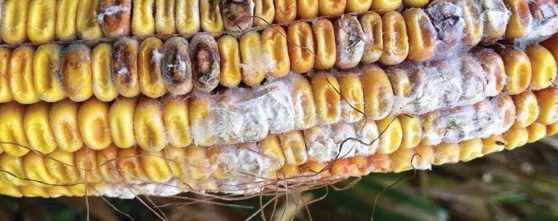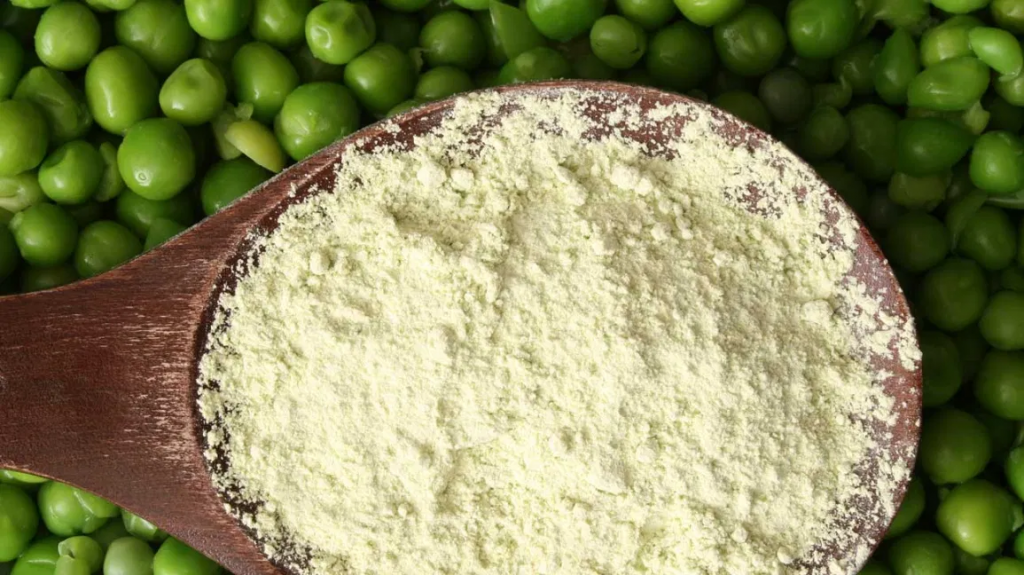Fruit flies and the damage they cause in fruits.
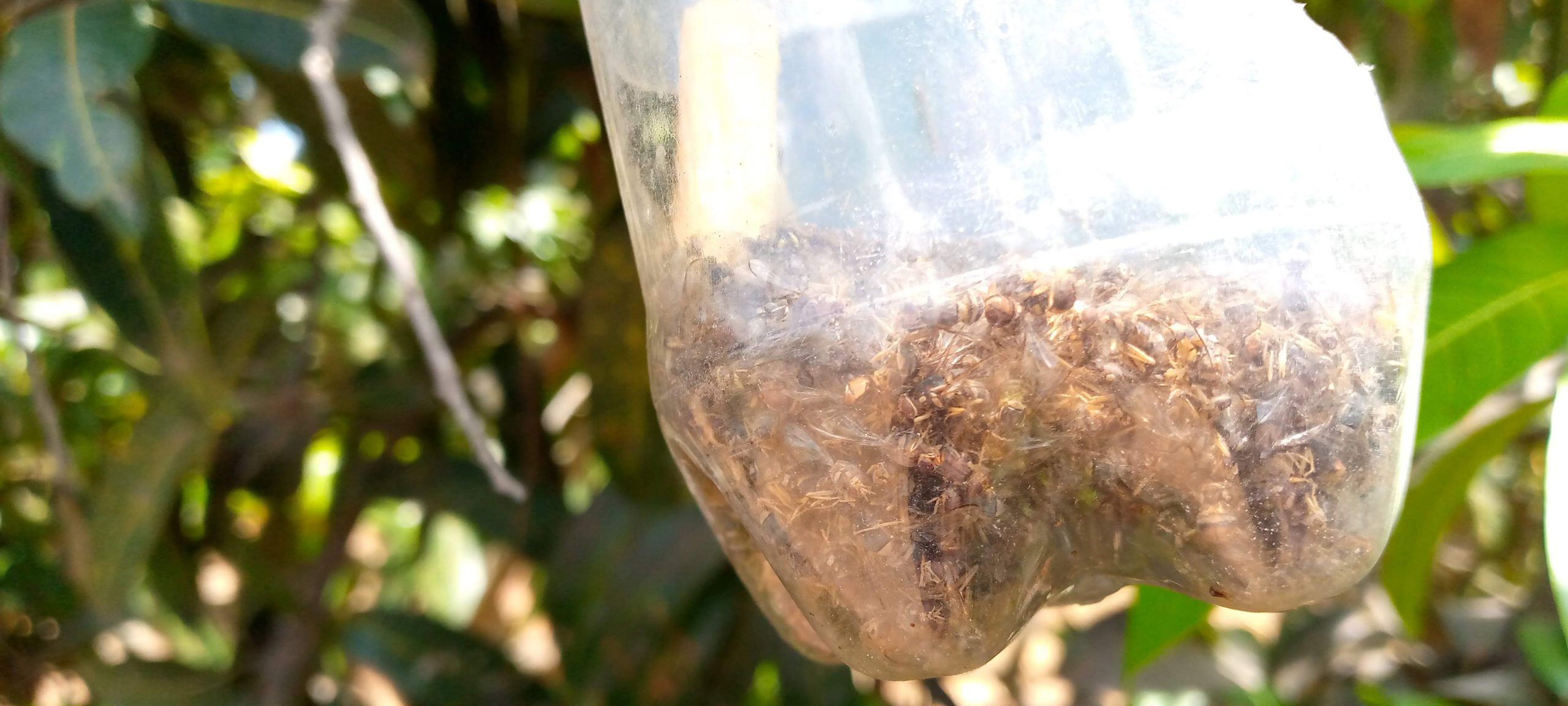
What are fruit flies?
Flying insects that are attracted to ripening rotting, or decayed fruits. They also enjoy fermented items such as beer, liquor, and wine.
Fruit flies, also known as vinegar flies or Drosophila melanogaster, are small, common insects that are often found near overripe or rotting fruit and vegetables. They are about 1/8 inch long, with red eyes and tan or yellowish bodies. Fruit flies lay their eggs on the surface of fermented or spoiled food, and the larvae develop within the food. They can be a nuisance in homes and restaurants and can also cause damage to fruit crops. Fruit flies can be controlled by removing any sources of fermented or spoiled food and by using traps or pesticides specifically designed for fruit flies.
Fruit flies have been widely used in genetic and developmental biology research, as their short generation time, easy maintenance, and well-known genetics make them a model organism.
Where do fruit flies come from?
Fruit flies may breed and develop in drains, garbage disposals, trash cans, and mop buckets. An adult female fruit fly can lay up to 2,000 eggs on the surface of anything that’s moist and rotting. Within 30 hours, tiny maggots hatch. Within 2 days, they’re all grown up and ready to mate. Fruit fly only lives 8 to 15 days.
What damage can fruit flies cause?
Fruit flies can cause several problems, including:
- Human health: Research shows that fruit flies can transfer germs from a dirty surface onto a clean one. Some of the bacteria they may carry include salmonella, E. coli, and listeria. These three germs each cause food poisoning.
- Nuisance: Fruit flies can be a nuisance in homes and restaurants, as they are attracted to fermented or spoiled food and can fly around in large numbers.
- Damage to fruit crops: Fruit flies can lay their eggs on the surface of ripe or overripe fruits, causing the fruit to rot and become unmarketable. This can result in significant economic losses for farmers.
- Contamination of food: Fruit flies can carry and spread bacteria and other pathogens that can cause food-borne illness.
- Resistance to pesticides: Fruit flies can develop resistance to pesticides, making it difficult to control them effectively.
- Interference with lab research: Fruit flies can contaminate lab cultures, interfering with research studies and experiments.
It is important to note that while they can be a nuisance, fruit flies are not known to carry human pathogens and do not pose a significant health risk, but they can still cause economic losses and food spoilage.
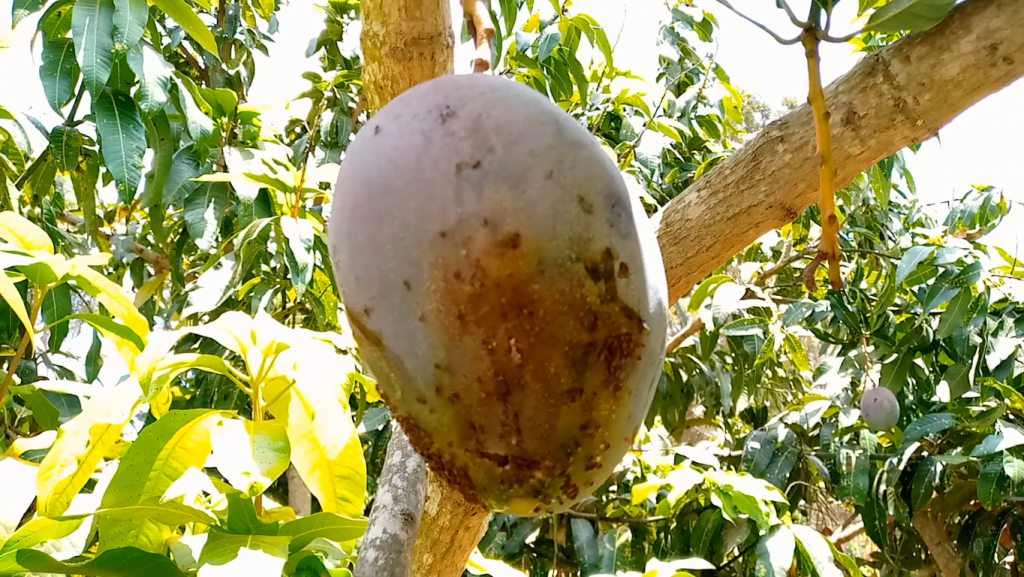


How do you control fruit flies?
Fruit flies can be controlled using a combination of methods, including:
- Sanitation: The most important step in controlling fruit flies is to remove any sources of fermented or spoiled food that may be attracting them. This includes cleaning up spills and crumbs, regularly emptying garbage and compost, and storing fruits and vegetables in sealed containers.
- Traps: Fruit fly traps can be used to capture and kill adult fruit flies. These traps typically use a sweet-smelling lure, such as vinegar or overripe fruit, to attract the flies.
- Pesticides: Pesticides specifically designed for fruit flies can be used to kill adults and larvae. These products are often available in the form of sprays, baits, or sticky traps and MUST be used with caution.
- Biological control: Some parasites and predators, such as nematodes and mites, can be used to control fruit fly populations.
- Cultural control: Some fruits and vegetables can be protected from fruit fly damage by covering them with a fine mesh or by using sticky barriers to prevent flies from laying eggs.
- Exclusion: Doors and windows screens can be repaired or installed to prevent fruit flies from entering the building.
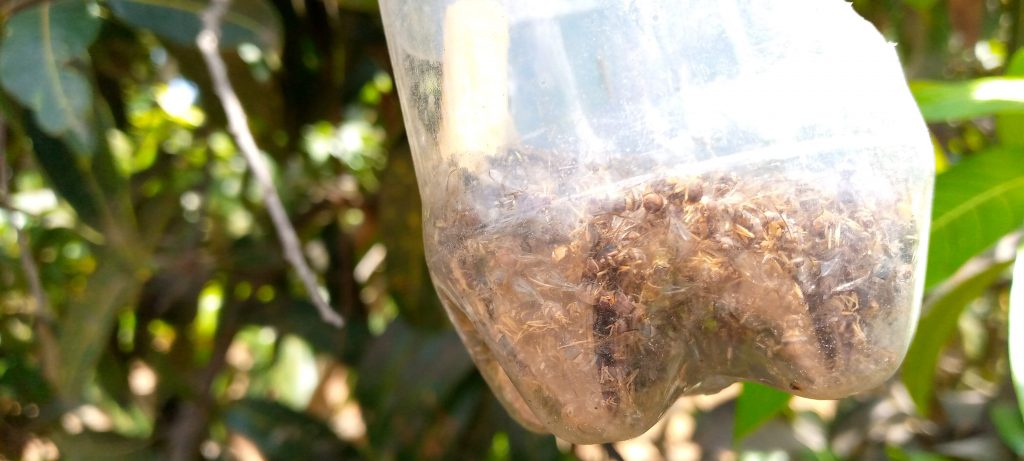
It is important to note that before using any pesticides, you should always read and follow the label instructions and take into account any specific regulations that might apply to your area.
